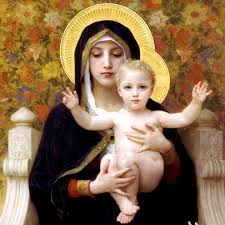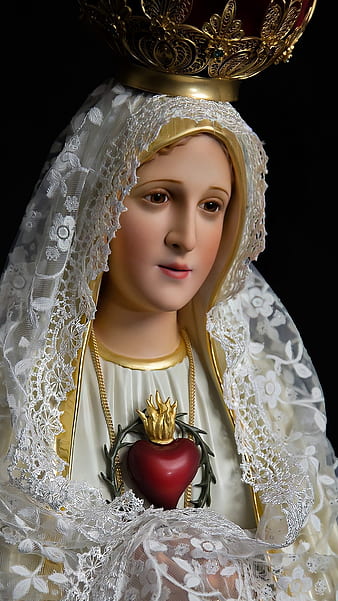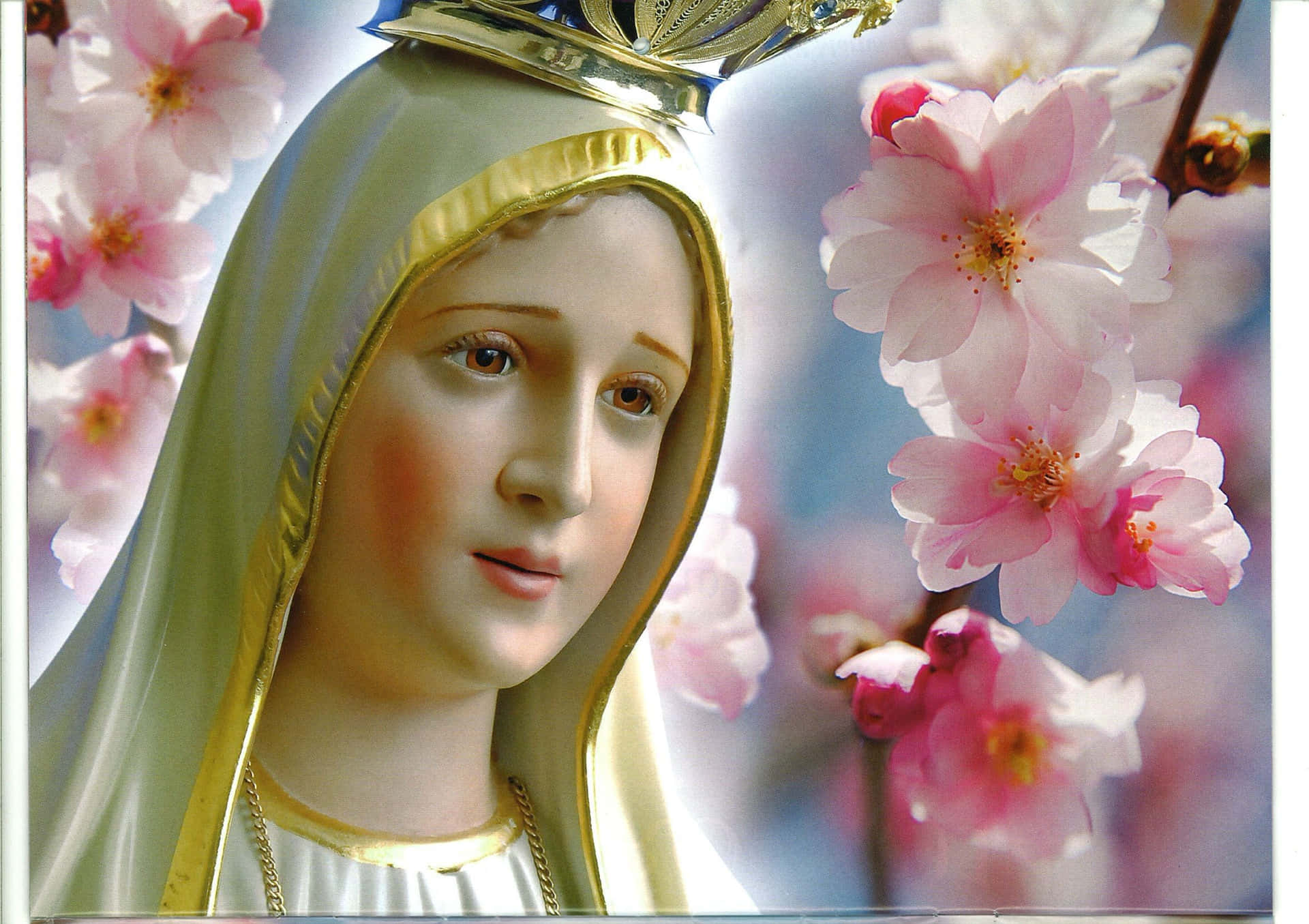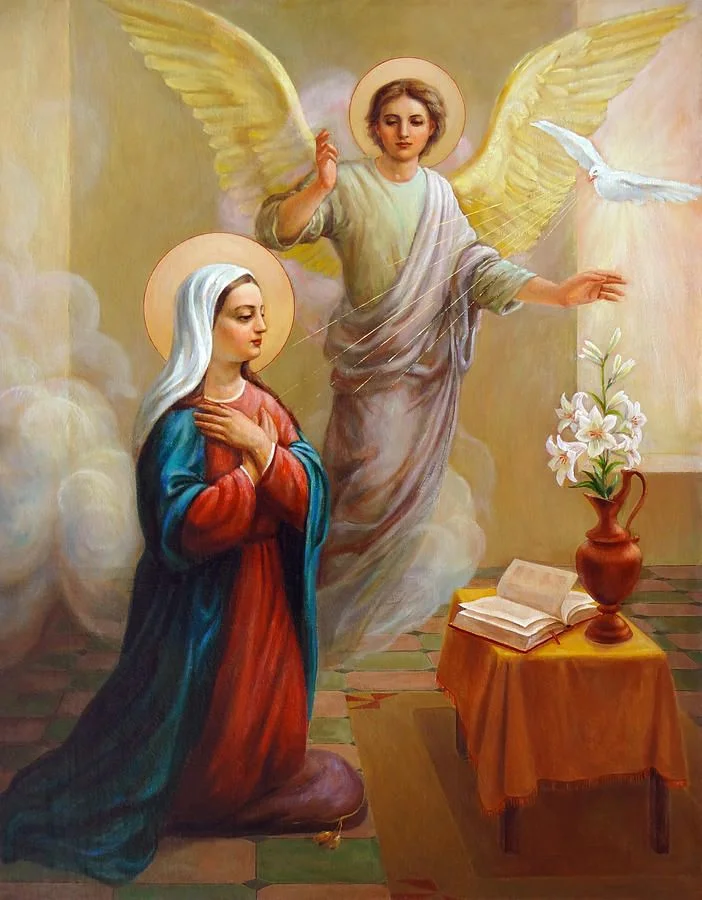The Marian Paradigm: A Theological Exploration of Mary's Role in the Catholic Church
This article examines the multifaceted role of Mary, the Mother of Jesus, within the Catholic theological framework. We will explore key Marian dogmas and their implications, applying relevant theological principles and models to illuminate Mary's enduring significance for the Church and individual believers. Central concepts include the Immaculate Conception, the doctrine of mediation, and the theological understanding of motherhood within the context of salvation history.
1. The Immaculate Conception: A Foundation for Mary's Unique Vocation: The dogma of the Immaculate Conception posits that Mary was preserved from original sin from the first moment of her conception. This isn't merely a historical event; it's a theological statement about her unique preparation for her role as Theotokos, the God-bearer. This preemptive grace, according to the doctrine of prevenient grace, highlights Mary's complete receptivity to God's divine will, making her the ideal vessel for the Incarnation. Applying the concept of divine election, we see Mary as chosen, not for her inherent merit, but for God's sovereign plan of salvation. This unique status sets the stage for her subsequent roles within salvation history.
2. The Fiat of Mary: A Model of Humility and Obedience: Mary's "fiat," her "yes" to the angel Gabriel's annunciation (Luke 1:38), is a pivotal moment in Christian theology. This act of perfect obedience, understood through the lens of the virtue ethics, exemplifies the ultimate surrender of self to God's plan. Mary's willingness, not without apprehension (Luke 1:34), is not passive acquiescence but an active choice rooted in faith and trust. It provides a powerful example of the necessary response to God's call for all believers, highlighting the importance of humility and obedience in living out one's faith. This obedience becomes a model for the entire Church, demonstrating that salvation is fundamentally God’s initiative and that our response is a participation in God’s grace.
3. Mary, Mother of Jesus and Spiritual Mother of the Church: The title "Mother of God" (Theotokos) affirms Mary's central role in the Incarnation. Extending this role, the Catholic Church recognizes Mary as the spiritual Mother of the Church, a concept elaborated through the lens of ecclesiology. Jesus' entrustment of his mother to John, and implicitly to all believers, at the foot of the cross (John 19:26-27) exemplifies this. This spiritual motherhood isn't merely metaphorical; it reflects Mary's ongoing intercession and her role in guiding the Church towards Christ. This concept utilizes the maternal metaphor, not in a biological sense, but as a spiritual reality, emphasizing the nurturing and protective aspects of Mary's relationship to the Church and individual believers.
4. Mary's Intercessory Role: Mediation and the Economy of Salvation: The Catholic tradition holds that Mary acts as a mediatrix of grace. This doesn't diminish the role of Christ as the sole mediator between God and humanity but understands Mary's intercession within the broader economy of salvation. Her role is subordinate to Christ's; she presents our prayers to him, acting as an advocate, using the principles of sacramental theology, which involves the participation of earthly realities in the divine. The wedding at Cana (John 2:1-11) serves as an illustrative example of this intercessory power, showcasing her influence within the earthly events leading to the revelation of Jesus' divine nature.
5. The Assumption: The Glorification of Mary and Eschatological Hope: The dogma of the Assumption asserts that Mary was taken, body and soul, into heaven. The Assumption, understood within the framework of eschatology, signifies the ultimate triumph of grace and the promise of resurrection for all believers. It highlights Mary's complete union with her Son and prefigures the hope of the final resurrection and the beatific vision for the faithful. This dogma signifies Mary’s unique role in God’s plan and foreshadows the future of humanity – a participation in the divine life.
Conclusion and Recommendations: This exploration of Mary's role reveals her significance as a pivotal figure within Catholic theology and spirituality. Her life and actions, understood through various theological lenses, offer models of faith, obedience, and intercessory prayer. Further research could explore comparative analyses of Marian devotion across different Christian denominations, examining the variations in theological interpretations and their cultural expressions. The implications of Marian theology extend to contemporary pastoral practice, encouraging further study on its relevance in areas such as spiritual guidance and fostering devotion in the modern world. Understanding Mary's role can also enrich our understanding of God's grace and human participation in salvation, offering comfort and inspiration to believers seeking a deeper connection with God.
Reader Pool: What are the potential limitations of relying solely on the Marian paradigm in understanding the broader theological landscape of the Christian faith, and how can such limitations be addressed in a balanced approach to theological study?







